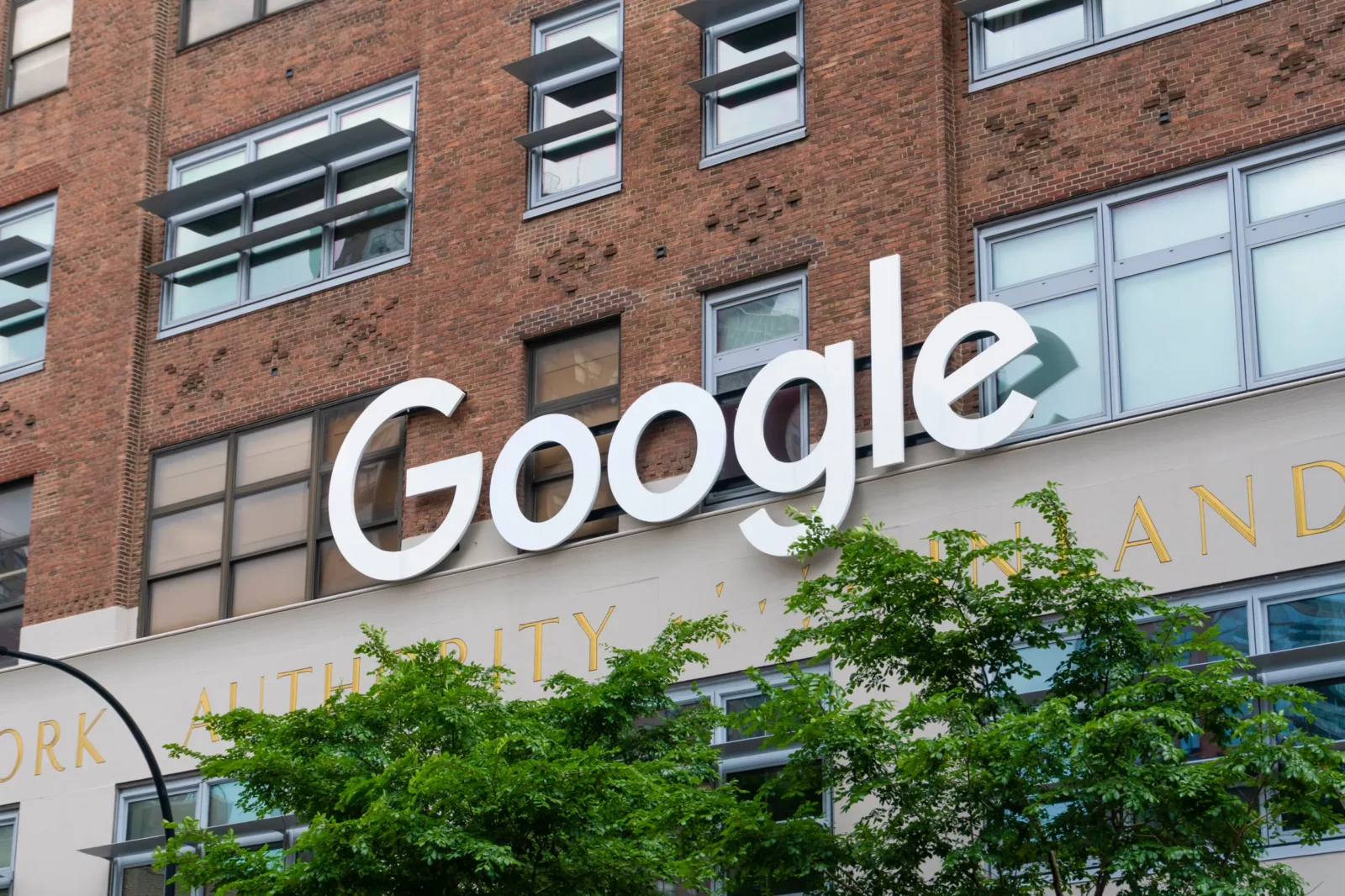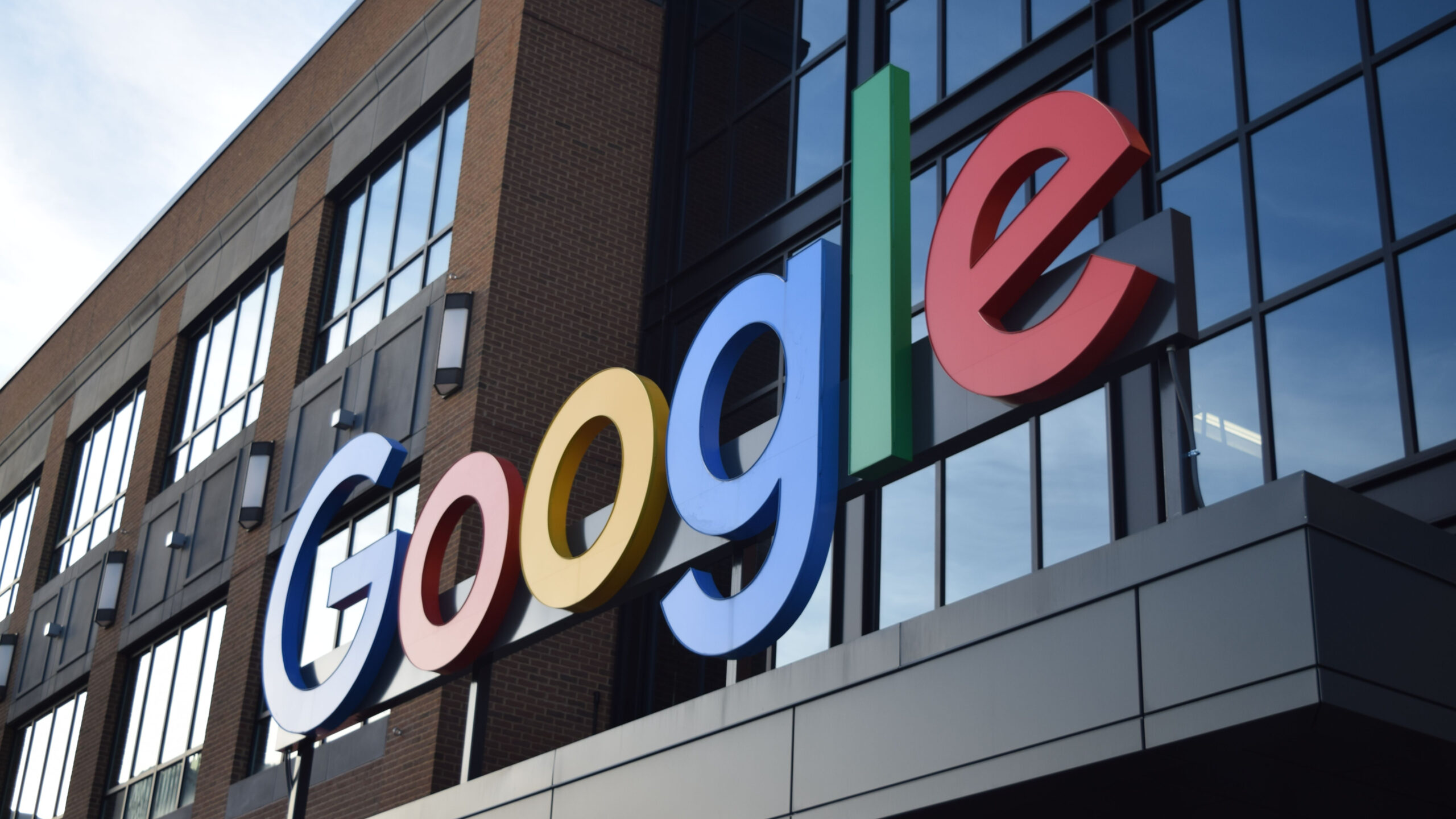DoJ’s Google Case Still Searching for Evidence of Consumer Harm

On the eve of the so-called ‘Antitrust Trial of the Century’, the Justice Department’s (DoJ) case against Google search has yet to articulate a meaningful theory of how the company’s practices harm competition. With U.S. District Court Judge Amit Mehta throwing out a large portion of the government case last month for no evidence of anticompetitive harm, the DoJ is left pursuing the remainder, focused largely on Google’s search agreements.
The DoJ’s trial against Google, supported by several states, is set to start on September 12. At a time when new AI and technologies are redefining how people obtain information, the DoJ will have to prove that Google dominates the search market and agreements with platforms from mobile devices to browsers to promote Google search are illegal and harm consumers.
The DoJ’s case against Google
The DoJ is arguing that Google has “exclusive” agreements with mobile manufacturers, wireless carriers, and browser developers by which they co-opt the market for search options needed by consumers and prevent other competitors from showcasing their products. This practice is similar to what happens with so-called slotting fees for shelf space in a supermarket, which is not a new or illegal practice. Slotting fees are when supermarkets charge food manufacturers for better product placement in their stores. This is a business strategy that has been used in other markets for decades, yet in Google’s case, the DoJ considers these agreements anticompetitive, and will attempt to prove that they prevent other search engines from entering the market and directly competing with Google. The DoJ will further assert that Google’s Search Ad 360 discriminates against other search engines, which they deem to be anticompetitive given Google’s alleged monopoly power.
In this case, the DoJ will have to prove 3 key arguments:
- Google has monopoly power in the relevant market.
- Google’s search agreements that set ‘Google Search’ as a default search engine are anticompetitive, exclusionary, and unlawful.
- Google’s Search Ad 360 discriminates against other search engines through slower development of ad tools for non-Google products.
The last decade has seen numerous instances when businesses, having been disrupted by successful technology companies, have turned to championing government intervention in response. DisCo has previously discussed the risks of the government putting its thumb on the scale and “weaponizing” antitrust as a response. This practice, swampetition, curtails legitimate competition and harms consumers.
To succeed in court the DoJ must prove that Google possesses monopoly power in the relevant market and has acquired or maintained such dominance by unlawful conduct. This might have been the scenario in the DoJ case against Microsoft over two decades ago, but that is not the case here.
This is not Microsoft 2.0
Microsoft was a major monopolization case against a technology company but the similarities with the Google case end here. Technically this case is the opposite of Microsoft. That case involved who could be on Microsoft’s operating system, while this case involves Google negotiating with other companies to be on their platforms.
The Microsoft case was built on Microsoft’s high barriers to entry in a misguided effort to protect Windows, as well as the difficulty for consumers to switch to products provided by competing firms. Microsoft effectively foreclosed browser competitors’ access to its customers by bundling Internet Explorer with the Windows OS and making it difficult for consumers to uninstall the default web browser and move to a different product. The harm arose because Microsoft blocked competitors from reaching consumers.
Google has not excluded or prevented new competitors from entering the market. A clear example is the recent advent of AI Generated search engines and directed searches within other specific platforms. Moreover, even when products come with a default search engine, consumers can change that at will through a few simple steps. It’s clear that Google’s alleged conduct bears little relationship to Microsoft’s.
Google’s Agreements are not exclusionary

Google’s search agreements, like slotting fees in supermarkets, are not exclusionary. Just as slotting fees are a common marketing practice and an efficient way to allocate shelf space, so are Google’s agreements to be the default search engine in web browsers for PCs, cell phones, and tablets. Furthermore, when considering the DoJ’s case, U.S. District Court Judge Amit Mehta found that such agreements are not exclusive on their face and don’t stop consumers from switching default search.
Google’s market share responds to consumers’ preferences and choices. There is a reason why “google” is the top global search in Bing and the third top search in the U.S..
Being the default service in a highly dynamic and competitive market does not guarantee a higher market share. For instance, more than 88% of laptop computers in the U.S. use the Windows operating system (with its default Internet Explorer or Edge web browser), yet the Windows browsers only account for a combined 13% market share of web browsers in the country. Consumers have many choices of browsers, including Bing, DuckDuckGo, Firefox, Safari, Opera, Brave, and indeed Google Chrome. Consumers do not choose services such as Google search or Google Chrome for lack of a better option; they use these services because they are the preferred options in the market.
Conclusion
U.S. antitrust laws do not protect competitors from competition. They protect consumers from harm from anticompetitive or exclusionary conduct from a company with monopoly power. While competitors may have pressured the DoJ to take on this case, it’s not a strong case legally and it will be interesting to see how the DoJ tries to bend or expand interpretation of the law to make its case.








